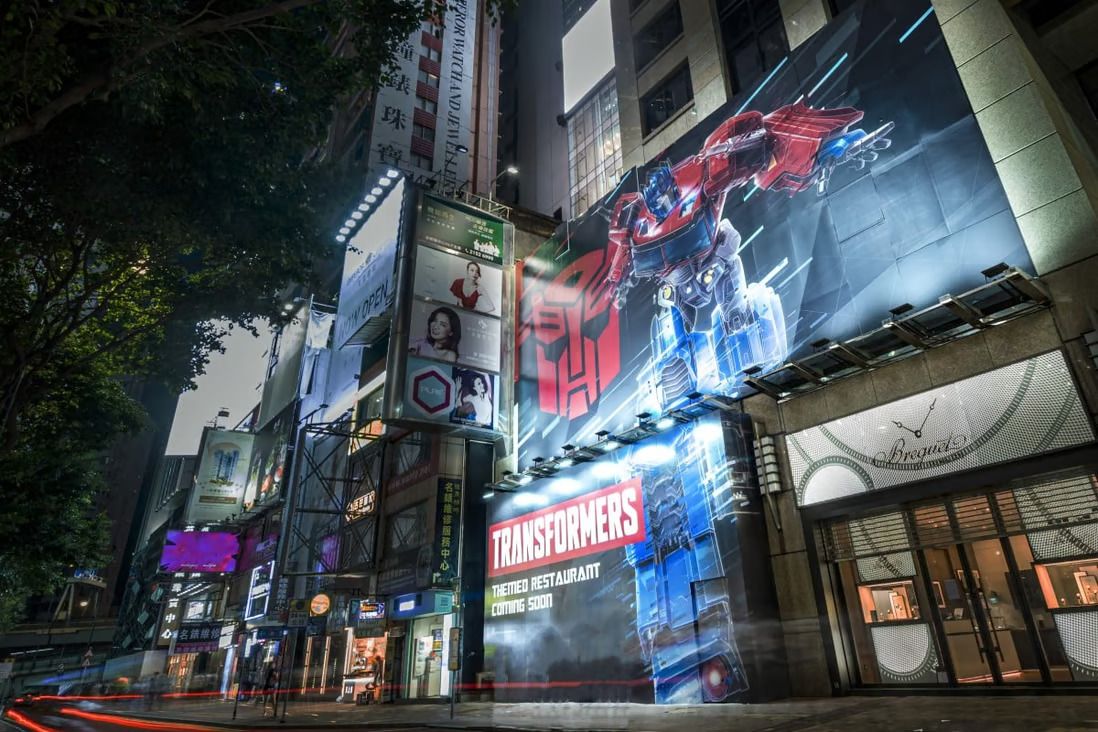Hong Kong is no longer the world's most expensive shopping district
In the not-too-distant past, Hong Kong's Causeway Bay was the go-to place for luxury shopping.

A few minutes every morning is all you need.
Stay up to date on the world's Headlines and Human Stories. It's fun, it's factual, it's fluff-free.
The backstory: In the not-too-distant past, Hong Kong's Causeway Bay was the go-to place for luxury shopping, with top brands from around the world paying sky-high rent on Russell Street, hoping to lure in the foot traffic of eager-to-spend customers. But COVID and other things have strained the district's luxury retail scene. According to a survey conducted by global real estate company Cushman & Wakefield, Causeway Bay was overtaken by Tsim Sha Tsui as Hong Kong's priciest retail district in 2022. But, Hong Kong ultimately was dethroned as the world's most expensive place for shopping, falling behind New York's Fifth Avenue in the company's first top 10 ranking since 2019.
The development: So, what happened to Hong Kong's luxury retail market? Hong Kong's retailers have struggled to keep their doors open because of fewer tourists due to COVID restrictions. The rents have plummeted 62% since 2014 when mainland Chinese demand for luxury products began to drop, and rents dropped more after the social unrest in mid-2019. In response to the hard times, many luxury brands have downsized, closing street-level stores and focusing instead on mall locations or pop-up stores.
Let's look at one of the priciest districts in Hong Kong, Causeway Bay, where rents have fallen 7% over the past year and a staggering 49% since before COVID to US$1,292 per square foot. On a global scale, average rents in major retail markets have recovered 6% below pre-pandemic levels as of the third quarter of 2022, according to the Cushman report. The question now is, can Hong Kong's luxury retail market make a comeback now that restrictions have eased?
Key comments:
"We continue to see Chinese tourists coming to Hong Kong after 2014, but the reason they come to Hong Kong has changed since then," said Marcos Chan, executive director and head of research for Hong Kong at CBRE. "After that, more tourists come to Hong Kong for leisure – for hiking, believe it or not."
"I feel Hong Kong is still a very important location for luxury brands, especially when considering the local purchasing power, as well as the location advantage," said Oliver Tong, head of retail at JLL in Hong Kong.
"People have become cautious," said Imke Wouters, a retail and consumer goods partner at consultancy Oliver Wyman, referring to mainland Chinese postponing their travel plans because of the fear of COVID infection. "So even when they can travel, we don't think they will come back right away."




Comments ()